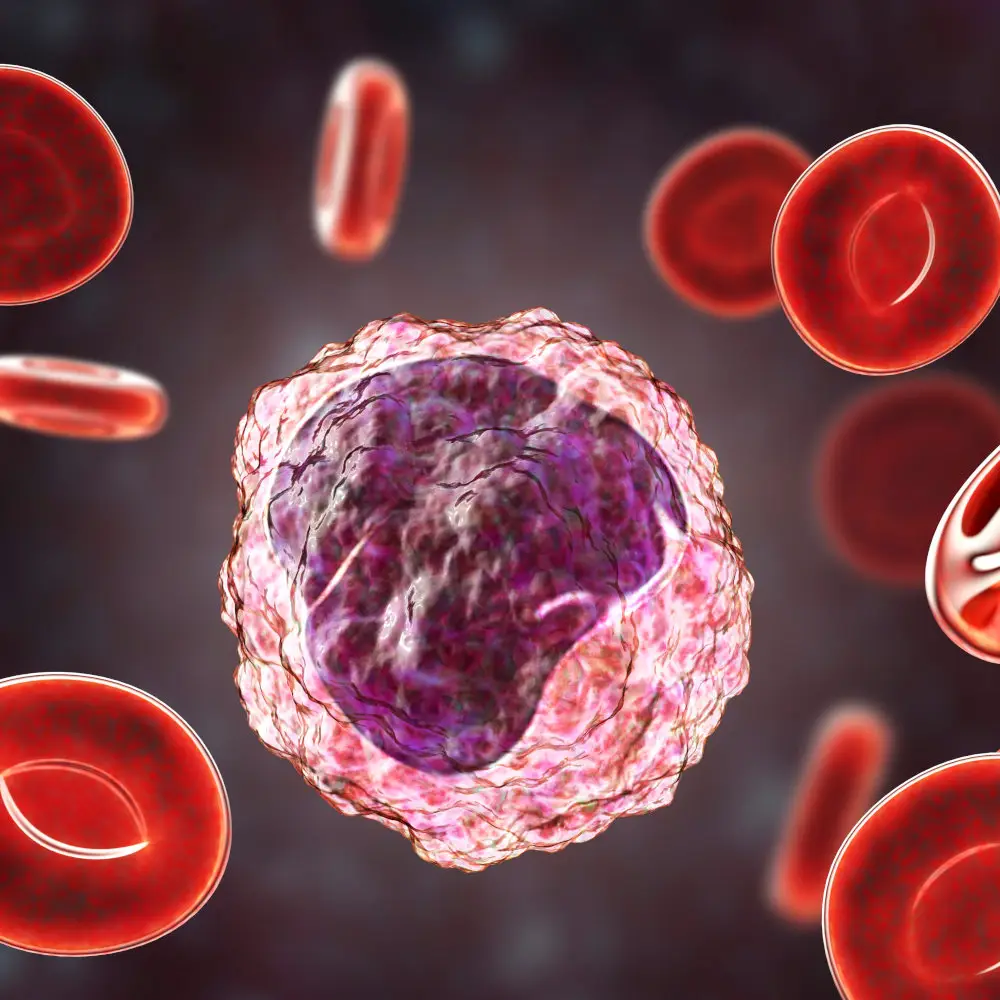Sloan investigated how immune cells called monocytes respond to cow’s milk in children with allergies—compared to those without allergies. Her work revealed that monocytes, a type of immune cell, from allergic children are more active and produce more inflammatory molecules, which could lead to new diagnostic methods and treatments for this common allergy. Sloan’s research not only gained her attention in her field, but led to a career in industry. She is now working at a clinical-stage biotechnology company dedicated to advancing immunology therapeutics.
2023 Tullie and Rickey Families Spark Awards Winner
Sloan Lewis, Ph.D.
What if we can identify new ways of diagnosing and treating milk allergy in children?
Funded: January 2023
Funded By: The generosity of the Rosemary Kraemer Raitt Foundation Trust
What was the goal of your SPARK project?
Cow’s milk allergy is the most common food allergy in infants and young children, and its prevalence is increasing. Currently, the only management strategy is avoidance, which is challenging due to the widespread presence of cow’s milk in food products. The absence of reliable diagnostic methods for food allergies highlights the critical need for research in this area. Monocytes, a type of immune cell, have been shown to exhibit hyper-inflammatory responses in food allergies, yet their specific responses to cow’s milk have not been thoroughly investigated. The goal of my SPARK project was to understand the role of monocytes in pediatric cow’s milk allergy.
SPARK project results
To investigate monocytes in pediatric cow milk allergy (CMA), I stimulated blood immune cells from both CMA and non-CMA children with cow milk extract (CME) and analyzed the responses using spectral flow cytometry. This method revealed differences in cell surface markers and cytokine production. I optimized the procedure, developed a 29-marker panel, and tested blood samples from seven children. Results showed that CMA monocytes had higher activation levels and increased inflammatory cytokines IL-1β and IL-6 compared to non-CMA children. Additionally, CMA T cells produced more cytokines IL-4, IL-32, and TNFα, while non-CMA T cells showed more activation markers CD69 and HLA-DR. These findings highlight distinct immune responses in CMA, suggesting potential for new diagnostic tests and better understanding of food allergies.
What’s next for this project?
The findings from my SPARK project indicate that monocytes in pediatric individuals with cow’s milk allergy exhibit a distinctive response to cow’s milk protein, which correlates with T cell responses. These results provide valuable preliminary data for a future grant proposal focused on further elucidating the role of monocytes in cow’s milk allergy. This analysis could be expanded by including more subjects.
What’s next for Sloan?
In the summer of 2024, I transitioned to a scientist position at a biotech company following the completion of my postdoctoral fellowship at La Jolla Institute for Immunology. In my new role, I will continue to pursue innovative immunology research, similar to my SPARK project, in the context of autoimmune and inflammatory diseases in industry.


